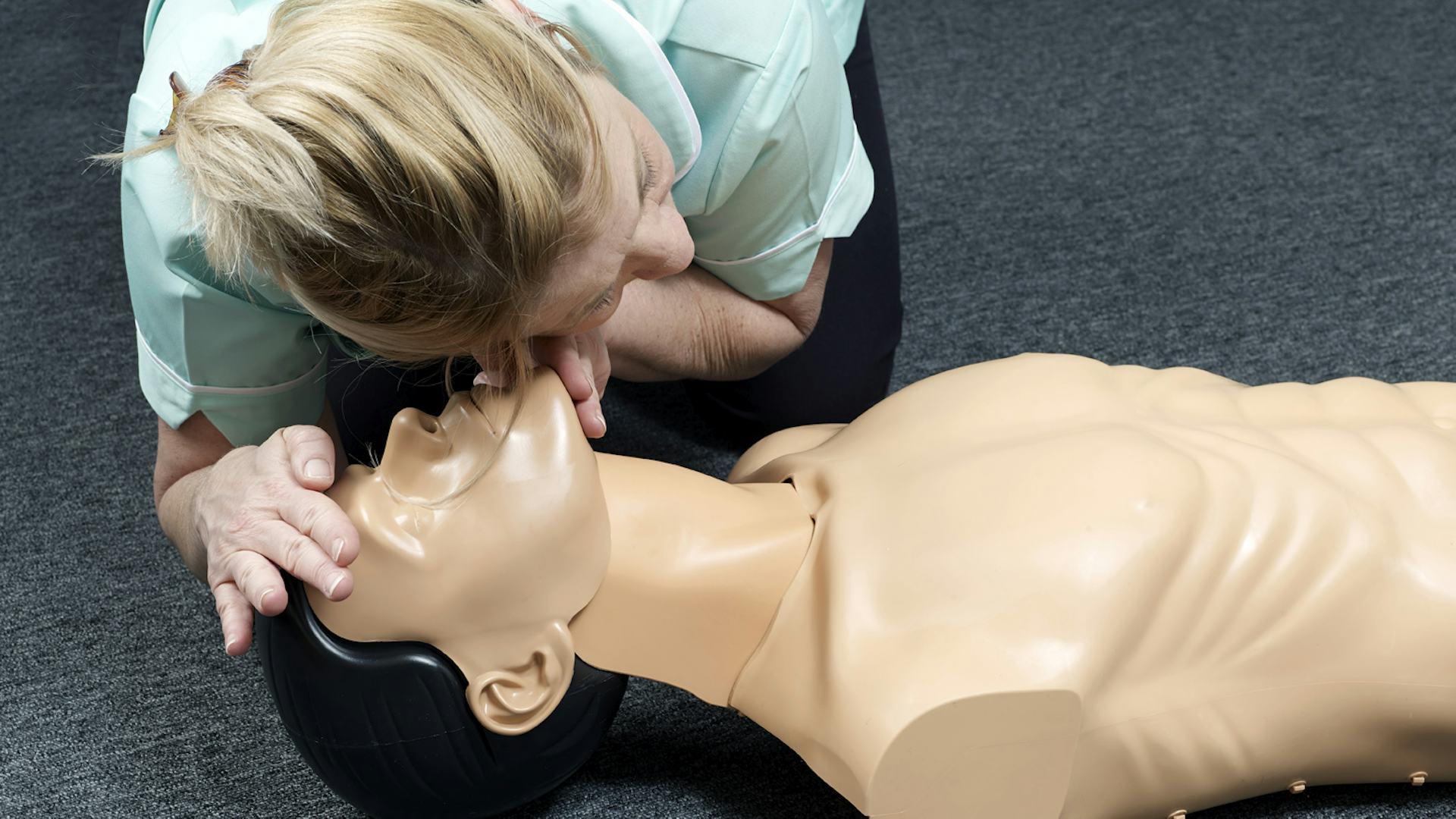| Previous Page: Earnings and career potential | Next Page: Qualities of a good carer |
|---|
What skills and training does a carer need?
In this this section we talk about the necessary skills and knowledge needed to become an effective, professional, and safe home carer, and how to acquire these. These can be learned with experience over time or via training courses, unlike personal qualities which are intrinsic to an individual.

Skills and experience needed
Many of these can be acquired on the job or through introductory training sessions.
- Good listening and communication
- Organisational skills
- Fluency in written and spoken English
- An understanding of dementia
- Ability to work independently
- Ability to understand and follow procedures
- Ability to safely handle vulnerable adults
- First aid
Qualifications needed
Professional qualifications are not always needed to become an entry level homecare worker. However, some employers will require basic education certificates and nearly all will ask for references from previous employers. All home carers need a valid enhanced Disclosure and Barring Service (DBS) check before they can start work, you can read more about DBS checks in the How to Become a Carer section.
Most care providers will initially employ a carer based on their personal qualities and then provide all the necessary follow up training. Some care providers and care agencies may require applicants to have specific qualifications before they will take them on board, these may include Moving and Handling, First Aid and Safeguarding Vulnerable Adults certificates.
Transferable skills
A lack of experience in the care sector does not necessarily mean that someone cannot start a career in care. Experience from other job roles and industries can provide the necessary transferable skills needed in a care setting. For example, working in retail and hospitality will often equip someone with the people skills needed to treat clients with respect and prioritise their happiness and wellbeing.
Desirable skills
Cooking
Many clients will require their carer to prepare meals for them. Having a variety of nutritional recipes that a carer is comfortable and confident cooking will help them prepare meals that a client will enjoy. Clients can have allergies, intolerances, and dislikes towards certain food, so a good carer must be adaptable.
Driving
Clients may often want to hire a carer that can drive. Having a driving licence that is valid in the UK will help with employability and having ownership of a car is viewed as being even more beneficial.
Languages
Most the UK population can speak English fluently, however, it may not be their first language. Having fluency in other spoken languages, or British Sign Language, can help a carer further support clients who may be more comfortable communicating in their native tongue.
Pet care
One of the reasons people choose homecare over residential care is that it enables them to keep their pets at home with them. Over two million people in Britain know someone that has had to have their pet put to sleep because they were moving into residential care*. Having a little knowledge of how to look after a pet can go a long way in helping a client live happily in their own home with their furry friends.
*Better at Home 2019 (liveincarehub.co.uk)
Getting qualified
Having relevant professional qualifications is essential to progress within the care sector, as it allows for promotions and higher rates of pay .
Suggested courses
- The Care Certificate Level 1 is expected of all those working in Adult Health and Social Care. Many care providers will offer this as part of their introductory training.
- A Care Certificate Accredited Level 2 and 3 Diploma in Health and Social Care builds on the basic knowledge acquired as part of Level 1. Many care companies will encourage their staff to work towards this. Some care companies will require a carer to already have it before they start work with them.
- T-Level in Health serves as an alternative to A levels, apprenticeships and other 16 to 19 courses.
These courses, and many others, are available at learning provider locations such as colleges, as well as via online study and training programmes.
Training provided by an employer will usually be a mix of classroom and on-the-job training and shadowing of a more experienced carer. If an employer does not or cannot support a carer through their professional training, the carer can apply for a Government-backed Advanced Learner Loan or apply to another care company that is committed to supporting their staff’s development. Some college-based training courses will require basic certificates of education, such as GCSEs, before the carer will be accepted onto the course.
There are plenty of other vocational qualifications pitched at different levels within Health and Social Care that cover the practical skills and knowledge carers need.
Experience and skills make up one half of a good carer, but our next section describes the personal qualities that make the other half. Read on to see what attributes make a fantastic carer. Download our complete Guide to Becoming a Carer for free. Everything you need to know about becoming a carer in one handy pdf which you can print out or read digitally.
| Previous Page: Earnings and career potential | Next Page: Qualities of a good carer |
|---|








